No products in the cart.
We deliver to:
🇦🇺 Australia
🇨🇦 Canada
🇨🇿 Czechia
🇩🇰 Denmark🇪🇪 Estonia
🇮🇪 Ireland
🇮🇱 Israel
🇮🇹 Italy
🇯🇵 Japan
🇲🇽 Mexico
🇵🇱 Poland
🇰🇷 South Korea
🇨🇭 Switzerland
🇬🇧 United Kingdom
🇺🇸 United States of Americaand more
We deliver to:
🇦🇺 Australia
🇨🇦 Canada
🇨🇿 Czechia
🇩🇰 Denmark🇪🇪 Estonia
🇮🇪 Ireland
🇮🇱 Israel
🇮🇹 Italy
🇯🇵 Japan
🇲🇽 Mexico
🇵🇱 Poland
🇰🇷 South Korea
🇨🇭 Switzerland
🇬🇧 United Kingdom
🇺🇸 United States of Americaand more
[category_image]
Betadine vaginal suppositories (candles) 200 mg 2 blisters of 7 pcs.
$23.49
Betadine treats acute and chronic vaginal infections, including bacterial, fungal, mixed infections, trichomoniasis, and is used for preoperative prophylaxis.
Categories: Genitourinary system
Brand: Egis
Betadine vaginal suppositories (candles) are indicated for acute and chronic vaginal infections.
Composition
Active ingredient: povidone-iodine;
1 vaginal suppository contains 200 mg of povidone-iodine (corresponding to 18-24 mg of active iodine);
Excipients: macrogol 1000.
Contraindication
- Hypersensitivity to iodine or suspected hypersensitivity to it or other components of the drug.
- Patients with thyroid dysfunction (nodular colloid goiter, endemic goiter and Hashimoto’s thyroiditis).
- Patients with hyperthyroidism or other acute thyroid disorders.
- Before and after treatment and radioactive iodine scintigraphy in patients with thyroid carcinoma.
- During’s dermatitis herpetiformis.
- Kidney failure.
Method of application
The drug should be used vaginally.
It is recommended to use the drug once a day for 7 days.
In case of more severe infections, it is recommended to use for another 7 days. In case of persistent infections, the drug should be prescribed 2 times a day (after consulting a doctor).
Remove the suppository from the sheath and, after moistening, insert it deep into the vagina.
During suppository treatment, the use of sanitary pads is recommended.
Method of administration: 1 vaginal suppository should be inserted deep into the vagina in the evening before going to bed. The drug should be used daily (even during menstruation).
Application features
Pregnant women
The drug is contraindicated for use after the 2nd month of pregnancy and during breastfeeding.
Children
Not applicable.
Drivers
Does not affect.
Overdose
The following symptoms are characteristic of acute iodine intoxication:
- metallic taste in the mouth, increased salivation, burning sensation or pain in the mouth or throat;
- eye irritation and swelling;
- skin reactions;
- gastrointestinal disorders and diarrhea;
- renal dysfunction and anuria;
- circulatory failure;
- laryngeal edema with secondary asphyxia, pulmonary edema, metabolic acidosis, hypernatremia.
Treatment should consist of symptomatic and supportive therapy, taking into account electrolyte balance, renal function, and thyroid function.
Side effects
PVIodine is generally well tolerated. Local reactions are possible, although this substance is considered less irritating.
Skin and subcutaneous tissue disorders: local skin hypersensitivity reactions such as contact dermatitis with the formation of psoriasis-like red small bullous lesions; allergic reactions including itching, redness, rash, angioedema, exfoliative dermatitis, dry skin, chemical and thermal skin burns.
Interaction
Preparations containing mercury, silver, hydrogen peroxide or taurolidine may interact with povidone-iodine complex – therefore, their joint use is not recommended.
Storage conditions
Store in a refrigerator at a temperature of 5 ± 3 °C out of the reach of children.
Shelf life – 5 years.
Be the first to review “Betadine vaginal suppositories (candles) 200 mg 2 blisters of 7 pcs.” Cancel reply
You may also like


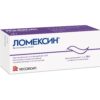

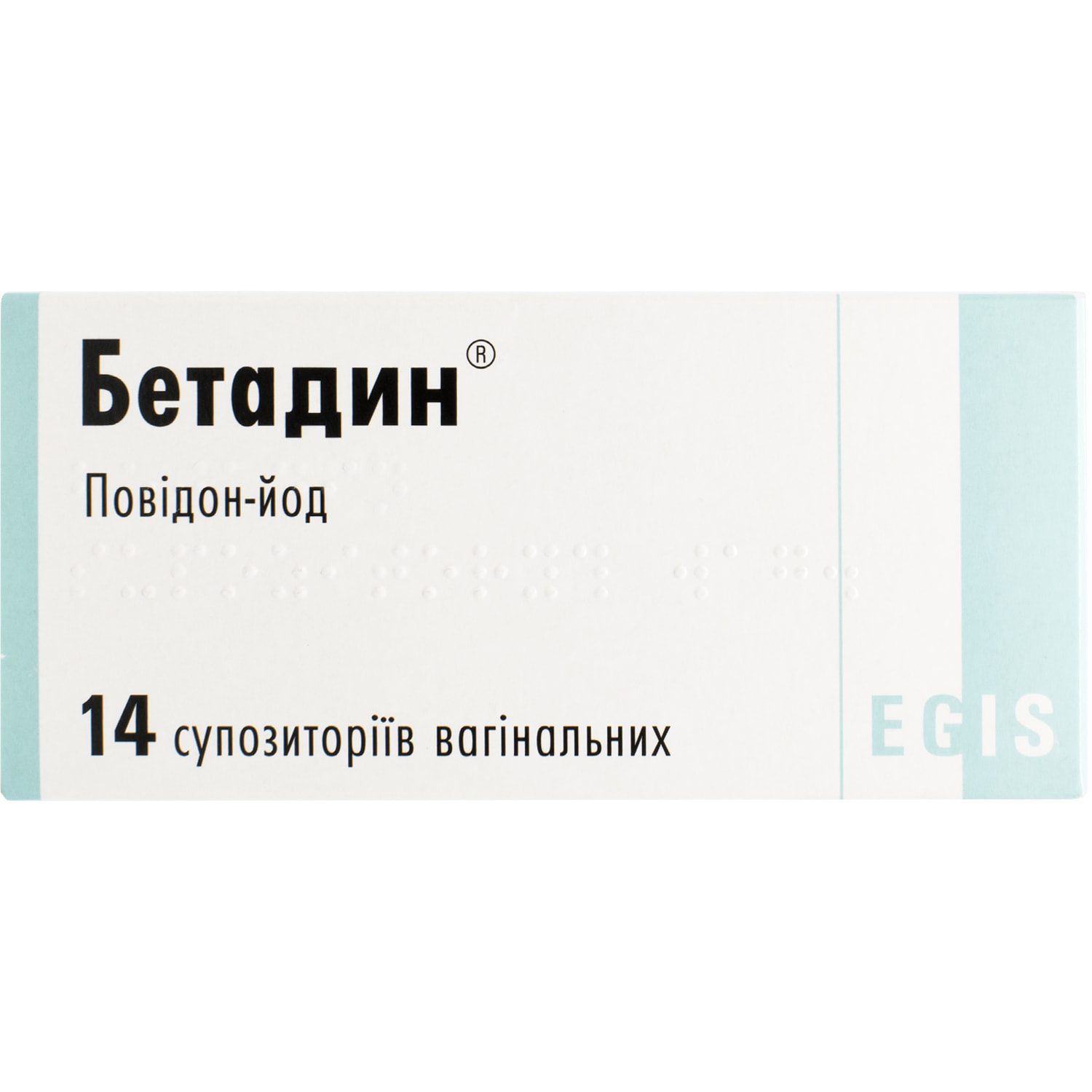
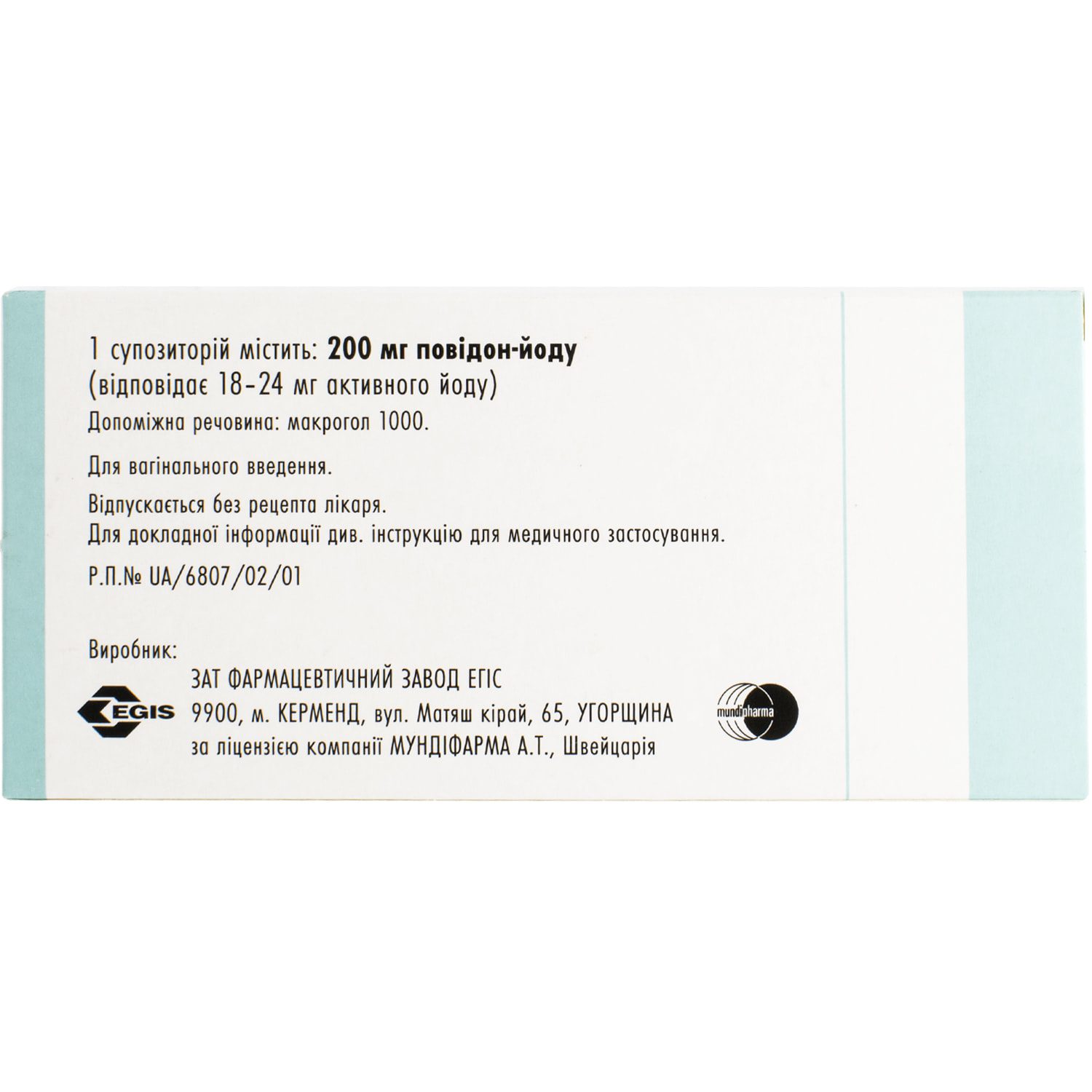
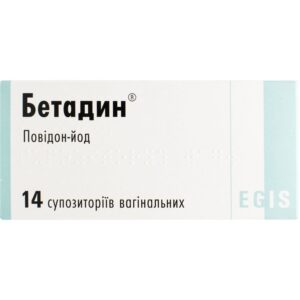

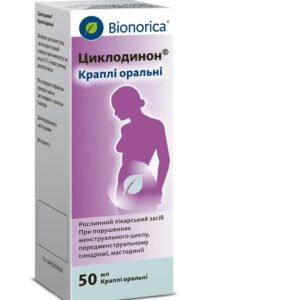
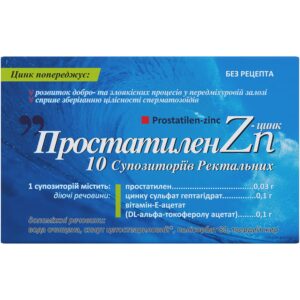
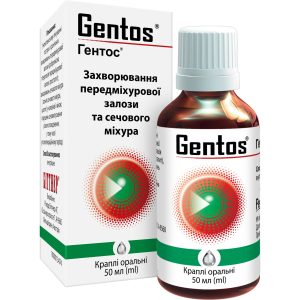
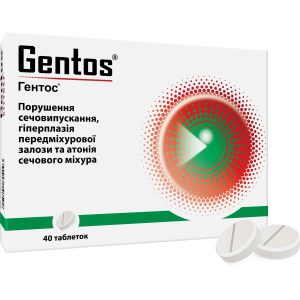
Reviews
There are no reviews yet.